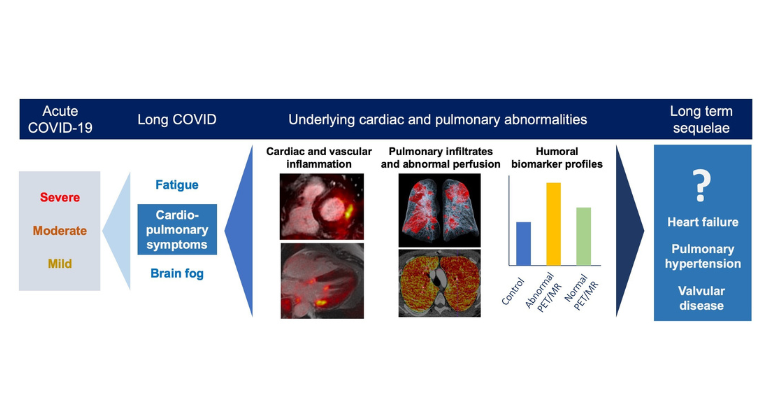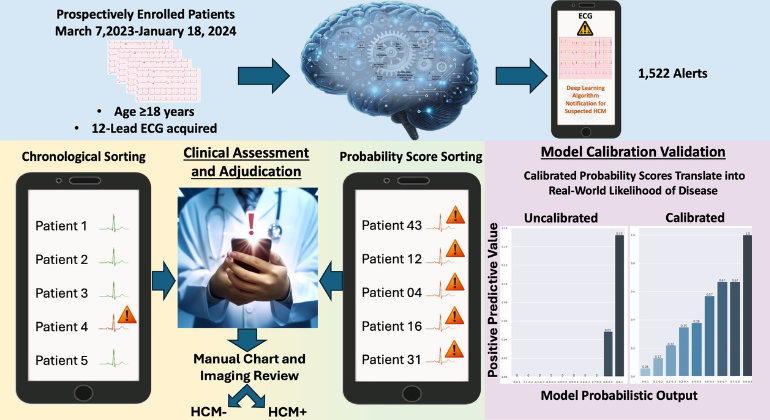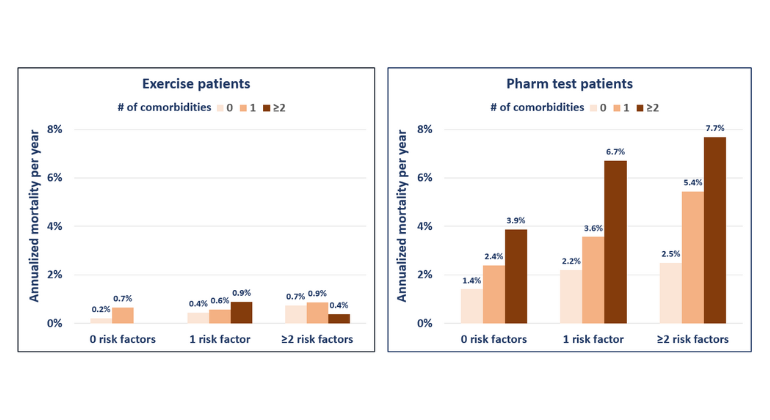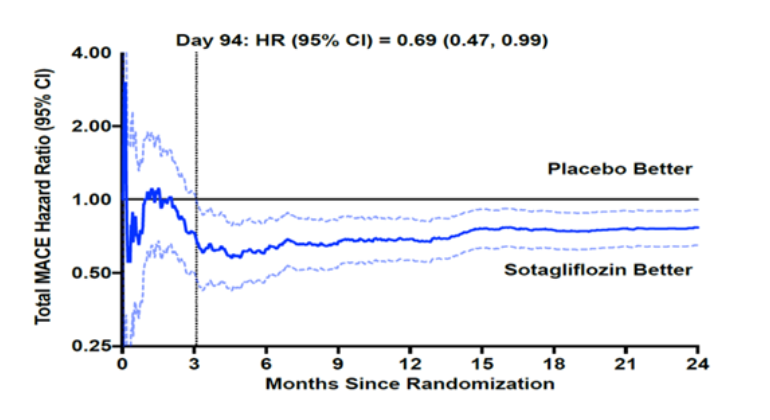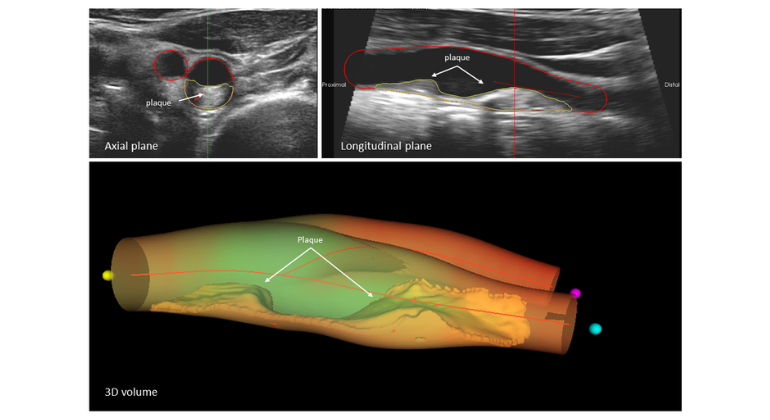"Antithrombotic Use, Risk Perception, Varies Widely for PCI Patients with A-fib" - Yael Maxwell
The choice of antithrombotic for patients with A-fib following PCI is highly variable, although adherence to oral anticoagulants is greater over time as compared with antiplatelet drugs, according to one-year results from the AVIATOR 2 registry, said researchers at the Icahn School of Medicine at Mount Sinai. Despite subjective and empiric bleeding and ischemic risk assessment, one-year event rates of each hover around 15 percent. According to Usman Baber, MD, MS, assistant professor of medicine and cardiology at the Icahn School of Medicine at Mount Sinai, “The intensity of antithrombotic therapy was primarily inversely related to clinical perception of risk, and this indicates a risk-treatment paradox, and then validated tools to quantify ischemic and bleeding risk in A-fib cohorts actually perform quite poorly.” Dr. Baber added, “Ultimately we feel that we need novel tools that can accurately quantify risk and properly inform clinical decisions in these very complex patients with A-fib undergoing PCI.”
— Usman Baber, MD, MS, Assistant Professor, Medicine, Cardiology, Icahn School of Medicine at Mount Sinai

Mount Sinai Surgeons Perform First Heart-Liver-Kidney Transplants in New York State
May 20, 2025 View All Press Releases
After a Heart Attack, the Heart Signals to the Brain to Increase Sleep to Promote Healing
Oct 30, 2024 View All Press Releases

